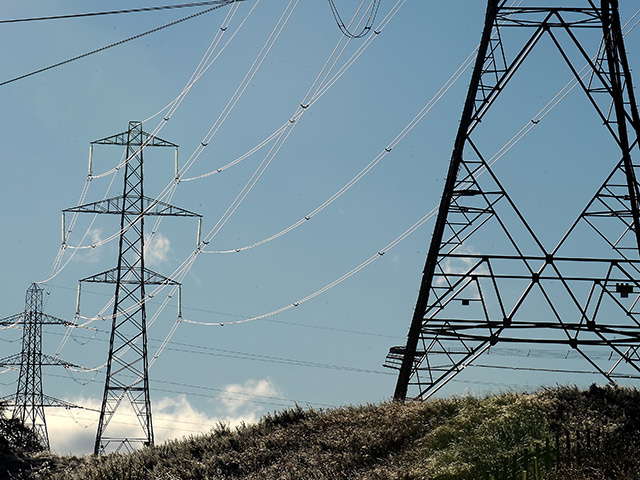
The danger of power shortages in the UK by the middle of the decade has increased, regulator Ofgem has warned.
Electricity margins could tighten in 2015-16 to between around 2% to 5% depending on demand, according to the latest report.
The warning came as the the UK Government revealed plans for investment into the energy infrastructure in a bid to fuel UK economic recovery.
Ofgem said the findings “illustrates the need for the timely implementation of the Department of Energy and Climate Change’s capacity market”.
“The report shows that electricity supplies are set to tighten faster than previously expected in the middle of this decade,” it said.
“The risk to electricity supplies is projected to increase from the current near zero levels, although Ofgem does not consider disruption to supplies is imminent or likely, providing the industry manages the problem effectively.”
The report was published as Treasury Chief Secretary Danny Alexander spelled out the next stage of infrastructure investment from the Government, telling the House of Commons that many power stations needed to be replaced.
The Government is looking to bring forward new renewable technologies, after agreeing new prices for different types of energy a month earlier than expected.
“We were planning to set strike prices next month but we have been able to make faster progress.”
“We will set the price at the level we need to bring forward sufficient investment but not a penny higher. As these technologies develop, costs will fall and so we will reduce the price too so for instance next year we will guarantee generators £155 per megawatt hour of off shore wind. By 2018 this will fall to £135.
“Industry asked for certainty. We have given it so now they need to get on with it.”
The Government had already pledged £3 billion to the Green Investment Bank, but there would be another £800 million.
Mr Alexander said the coalition administration was delivering on its pledge to be the “greenest government ever”.
And he told MPs: “Our energy policy is a win for consumers, a win for investment and jobs and a win for our climate.”
He said the Government had won back a “precious commodity” in re-establishing economic credibility.
And the Chief Secretary told the Commons: “People have the right to know we will continue to work hard to repair the economy, that interest rates will stay low and we will get our country back on an even keel.
“But repair is not all we do. Because people also have the right to expect Britain stays one step ahead in the world – that we ease congestion on our roads and deliver faster broadband to make sure businesses in every corner of this country can serve their customers.
“That we invest in a modern railway to commuters get to work on time and home in the evening to see their kids. People have the right to expect we keep spending serious money on the schools and hospitals all families depend on.
“And that we make sure the lights stay on in our homes even when the demand on energy is surging.”
Mr Alexander said the plans set out deliver “all of that and more”.
Ofgem said it has been working with Decc and National Grid to explore options that would provide consumers with additional safeguards against the increased risk to mid-decade security of supply.
All three organisations agreed that it was “prudent” to consider the case for extra measures to help National Grid balance the electricity network during the middle of the decade when capacity margins could be tight.
Ofgem chief executive Andrew Wright said: “Ofgem’s latest report on electricity security of supply highlights the need for reform to encourage investment in generation.
“This is why Ofgem welcomes Decc’s commitment to introduce a capacity market that will provide a longer term solution to this problem at a time when Britain’s energy industry is facing an unprecedented challenge to secure supplies.
“Ofgem’s analysis indicates a faster than anticipated tightening of electricity margins toward the middle of this decade. Ofgem, together with Decc and National Grid, think it is prudent to consider giving National Grid additional tools now to procure electricity supplies to protect consumers as the margin between available supply and demand tightens in the mid-decade.”
